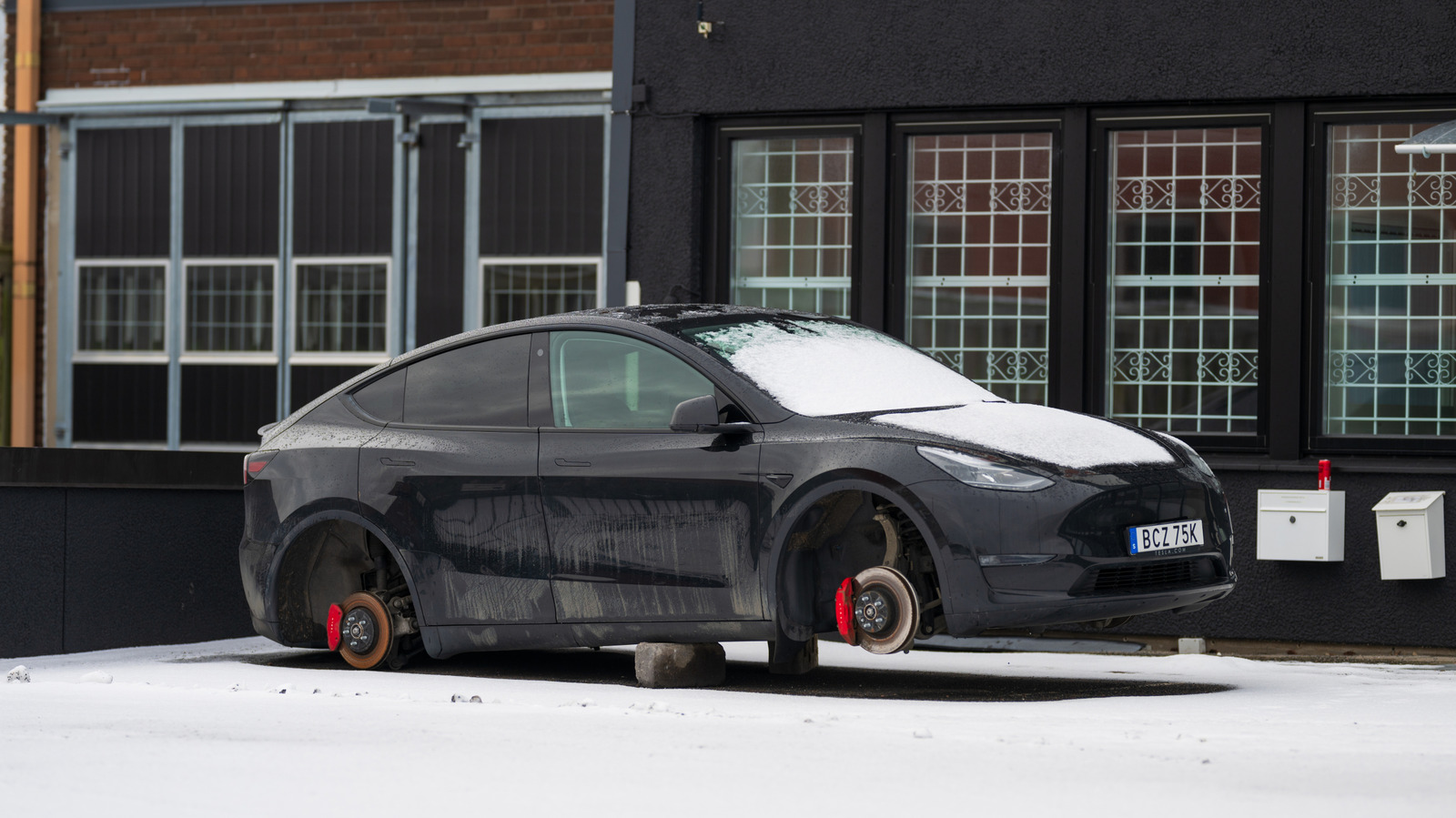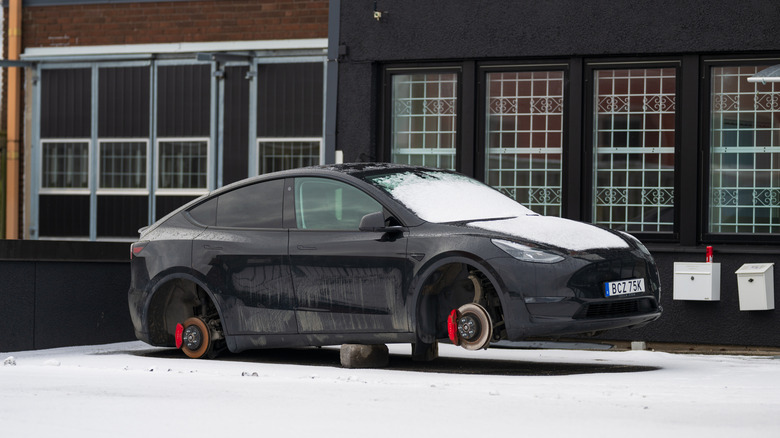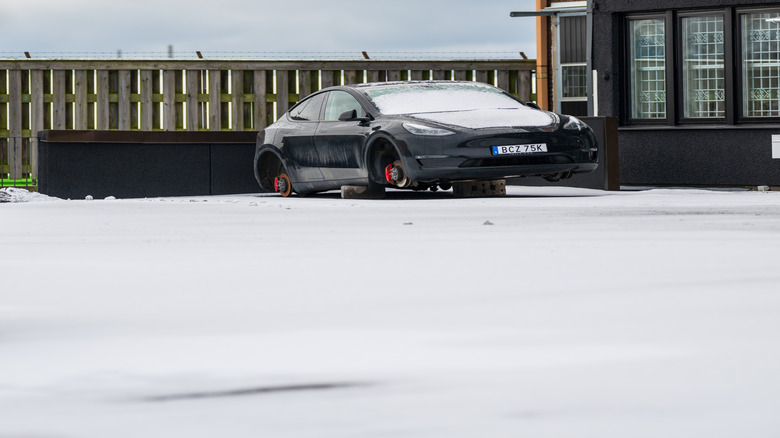Modern cars are vulnerable to all sorts of modern forms of theft. From hacks to relay attacks, today’s highly computerized vehicles can be stolen in ways prior generations could never dream up. So why, when Tesla’s cars share the same vulnerabilities across the brand, do the Model Y and Model 3 routinely top lists of America’s least-stolen cars? Well, it seems the answer’s simple: Even thieves don’t want to ride in a Tesla.
There are plenty of arguments to be made that Teslas are stolen less often because of their security tech. Sure, they may be vulnerable to relay attacks, but think of all the computers that can track the vehicle at any time! Also plenty of other automakers have built-in GPS and recovery measures like Uconnect or OnStar — yet, thieves still steal those cars.
It all adds up
In theory, Tesla cars should actually be a major target for thieves. Professional car thieves aren’t driving these cars whole, they’re chopping them up wholesale. Auto theft is often tied to parts prices, with thieves looking to strip stolen cars apart and cash in on the value of their body panels, drivetrain components, and interiors. Tesla has famously long waits and high prices for factory parts, thanks to their scarcity. Sure, the owners often take their cars straight back to the store for service, but Tesla has opened up to working with various third-party shops for repairs — third-party shops that are increasingly necessary as the demand for repairs outstrips the supply of Tesla-owned repair shops. Yet, when browsing eBay for Tesla parts, prices are surprisingly low. Even when compared to parts for plentiful ICE cars, Tesla parts don’t command the same sort of cash.
It seems that Tesla owners largely take their cars to Tesla-owned or Tesla-backed shops, which use Tesla-supplied OEM parts for repairs. That cuts down on demand for used parts, particularly for complex mechanical parts that a user is unlikely to install themselves (rather than, say, interior amenities that are simpler to install). A small market for used parts means low desirability for thieves, who won’t be able to wring much cash out of a stolen and chop shopped vehicle. In reality, EVs in general are stolen less often due to missing one of the most lucrative auto parts on the blackmarket; the rare-metals rich catalytic converter.
If you’re a Tesla owner, this is good news and bad news. On the plus side, your car won’t be stolen. On the minus side, you’re stuck with that Tesla until you can find an even bigger sucker to buy it off you. Of course, that route will likely cost you some serious cash in depreciation, but it’ll be worth it in the end. Aren’t you, like the thieves, tired of that harsh suspension and weirdly cramped headroom?




